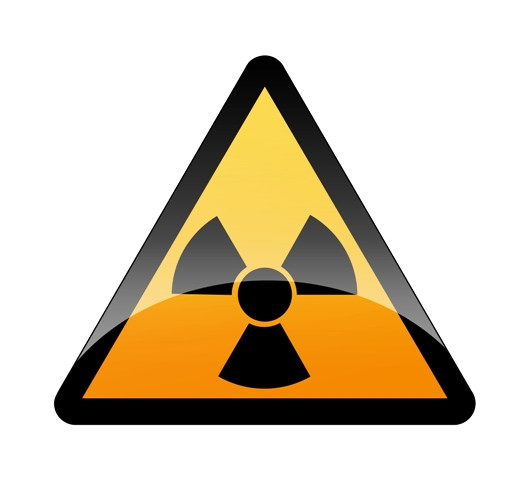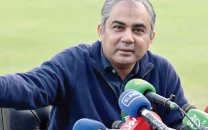Source of security?: Academics share extensive views on nuclear Pakistan
Role of weapons solicits more questions than answers.

Source of security?: Academics share extensive views on nuclear Pakistan
The discussion on a nuclear-armed Pakistan raised a plethora of questions, but offered few answers.
What have nuclear weapons done for Pakistan? Has the country decided to become an outlier, given that it is believed by many to have the world’s fastest growing nuclear arsenal? Have nukes given extremist organisations a sense of security in conducting terrorist activities at home and abroad? Are the weapons secure?
Nuclear weapons were expected to give the country a feeling of “permanent security and stability,” said nuclear physicist, and moderator for the discussion titled “Nuclear Pakistan: An overview of the strategic dimensions.”
“Pakistan now, however, appears less confident than before,” he said.
Leverage to the weak
Zafar Iqbal Cheema, professor and dean of social sciences department at Quaid-e-Azam University, did not agree.
Nuclear weapons have helped Pakistan deal with its “security dilemma,” he said. The weapons of deterrence have been an “equalizer” and have offered Pakistan “a relative sense of security in the post-1971 scenario,” he said.
Despite weak economy, poor governance, lack of education and corruption, the nuclear weapons give Pakistan leverage in a world dominated by the realist paradigm, he added. The nuclear non-proliferation treaty is evidence for this, he said, adding it is a “discriminatory document” in its efforts to “disarm the unarmed.”
Arms race
While there was a general agreement on the fact that a nuclear arms race is under way in South Asia, the question of Pakistan’s role in this race was controversial. Professor Hoodboy said Pakistan risked becoming an ‘outlier,’ given the growth of its arsenal, but Professor Cheema insisted that the country was only reacting to India, and the latter was actually leading the arms race.
To think otherwise would be akin to putting the cart before the horse, he said.
Countries should resist the temptation of stock-piling weapons, said former foreign secretary Najmuddin Sheikh.
A minimum nuclear arsenal should be maintained, and that level should be determined scientifically, he said.
Taking a “practical, rather than academic” approach, the former diplomat said that Pakistan should look at its own interest first. Nuclear weapons, by virtue of deterrence, helped the country and so, in terms of “strategic security in South Asia, we should be confident of ourselves,” Sheikh said.
Meanwhile, Zulfqar Khan, author of “Nuclear Pakistan: Strategic Dimensions” gave a broad overview of his book, and discussed, in detail, each chapter individually, highlighting the role of deterrence in the security dilemma faced by Pakistan, vis-a-vis India.
While the panellists did not appear to agree on much, the moderator, Professor Hoodbhoy, stood out as the most avid supporter of nuclear disarmament, attributing them to the “creation of a psyche of hostility.”
Published in The Express Tribune, February 13th, 2012.


















COMMENTS
Comments are moderated and generally will be posted if they are on-topic and not abusive.
For more information, please see our Comments FAQ